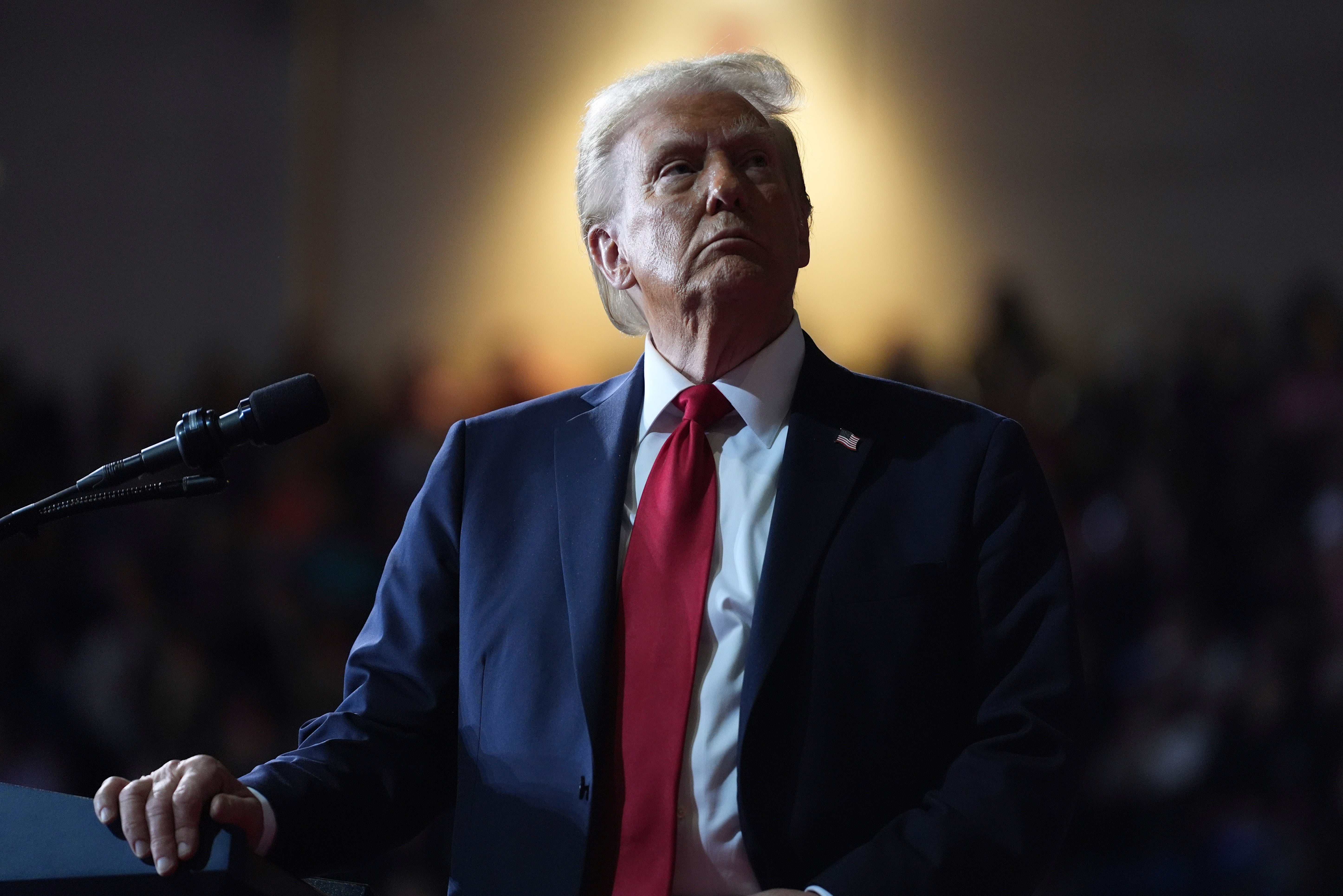Donald Trump’s calls with world leaders are worrying foreign policy experts after the president-elect and his team shut out the State Department from taking part.
Trump is reported to have spoken to Russian President Vladimir Putin on November 7, with The Washington Post reporting that the president-elect urged Putin not to escalate the hostilities in Ukraine and reminded the Russian leader of the U.S. military presence on the European continent.
But the Kremlin denied that the call ever occurred. Under more normal circumstances, the State Department would have been able to document and prove that the call had taken place as it usually helps to orchestrate calls with foreign leaders.
As such, the conversations between Trump and foreign leaders have not been held on secure phone lines, there have been no State Department staff present to guide the president-elect on foreign policy matters and there have been no official interpreters to clear up any possible misunderstandings.
Former diplomat and Obama White House staffer Brett Bruen told USA Today: “We’re entering a dangerous territory of telephone games, where Trump is going to have private chats with foreign leaders, and they’re going to tell their teams one thing, and Trump is going to tell our national security team another.”
Bruen noted that different views of what transpired during a call can prompt an international crisis.

The government was unable to provide briefings, security clearances, and resources to the Trump team for weeks as it had not signed the legal documents required to officially begin the transition of power.
The Trump team revealed on Tuesday that it has signed one of the required documents, meaning that it now has access to government information not accessible to the public, that it can now receive briefings, and send in people to the departments they’re about to take charge of.
Trump, who has spoken of what he calls “the deep state” with derision for years, has often shared his suspicion that the civil service is working to thwart his goals. He has pledged to fire civil service staff and install loyalists during his second term.
Some of President Joe Biden’s phone calls with foreign leaders in 2020 were conducted without the aid of the State Department as Trump refused to acknowledge his loss, former diplomat Daniel Fried told USA Today.
Soon after his election victory was announced earlier this month, Trump began receiving calls from foreign leaders, such as U.K. Prime Minister Keir Starmer, Ukrainian President Volodymyr Zelensky, French President Emmanuel Macron, and Indian Prime Minister Narendra Modi.
Trump said two days after the election that he had spoken to more than 70 foreign leaders.
While most calls with foreign leaders mostly include congratulations and pledges of future cooperation, some of the calls taken by the president-elect appear to have delved into policy.
Benjamin Netanyahu, the Israeli prime minister, wrote on X on November 10 that he had spoken to Trump three times after the election.
“We see eye-to-eye on the Iranian threat in all its aspects, and on the dangers they reflect,” he wrote. “We also see the great opportunities facing Israel, in the area of peace and its expansion, and in other areas.”
Under federal law, it’s a crime for an unauthorized U.S. citizen to negotiate a conflict with another state, putting Trump’s comments to Putin under scrutiny.
“There can only be one foreign policy at a time,” Bruen told USA Today. “What Trump is doing is saying you need to do X or Y, even though he hasn’t been sworn in, even though he doesn’t control U.S. foreign policy right now.”
He added: “Most of our adversaries are able to tap into these calls, which in and of itself is concerning because it means that the Russians are spying on the calls he’s having with Europe and the Middle East, and the Chinese are accessing the same ones.
“These are sensitive discussions. They allow countries’ leaders to understand where there may be potential compromises or vulnerabilities,” Bruen argued.







